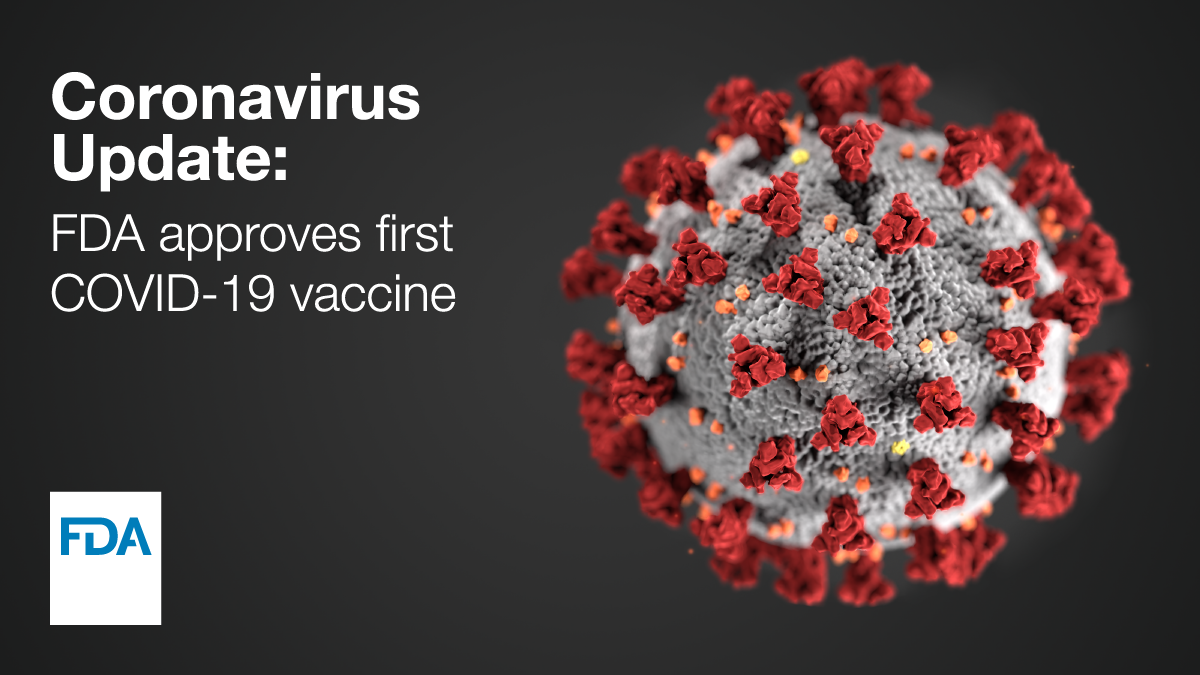Are there thresholds for reactions and or deaths for meds being approved by the FDA? Since this is a new process being used in this vaccine I would expect some sort of accurate data that shows people are not dying or getting sick from the vaccine as time is passing. In my personal life I know of two people who died of Covid after being vaccinated and 3 people who were hospitalized after getting the vaccine. One with Myocarditis and two with strokes. All 3 hospitalized within 12 days of getting vaccinated. Now, when I see that with my own two eyes in the small world that I live in I get to wondering how do I know it’s safe. I know if I take Advil at the recommended dose it is close to 100% safe. I know if I get a tetanus, or small pox, or measles shot I won’t catch the disease. There is lots of history and open data to support those assumptions, as well as anecdotal evidence from personal experiences. I know for a fact that the original numbers that have been reported on infections and deaths of the disease were definitively inaccurate. Again, my wife and several members of my family are in medical fields. So my best guess is that somewhere, that my dumbass can’t find, there are somewhat accurate numbers on current deaths and adverse reactions linked to the vaccine. If there isn’t somewhat accurate numbers, then we are either being experimented on with the vaccine or lied to about true risks that are involved. And too reiterate, I’m not here to argue, I’m hoping someone can help me find some convincing data on the risks of the vaccine based on the current usage. If you can’t help me with that then that is ok too. I’m not looking for a debate, I’m looking for thorough and accurate information that we can all use. That is all.
Alright so again, we have a series of things to deal with here.
First, this is not a new process across the board. The Janssen ("J&J" one-shot vaccine) is not an MRNA vaccine. It is a "traditional" inactivated virus vaccine, like the ones used for flu shots. I don't know why nobody acknwoledges that in these discussions, but in my opinion it serves only to muddy the discussiona dn undermines the legitimacy of the discussion to discuss "the vaccine" as though it's monolithic.
Secondly, MRNA vaccines are not new. The first was tested on mice in 1995. You cna go read about it by searching for "MRNA vaccine history" in the search engine of your choice. There's a good Nature article on the full history, from the discovery of MRNA in the 70s onward. The first clinical trials of an MRNA vaccine were in 2015, following about 3 years od DOD research and funding. This is never brought up because it flies in the face of the "it was rushed, it's untested" narrative.
If you want to learn about the process for FDA approval you can read about it on the FDA's website, or there's no shortage of articles. Start here:
https://www.fda.gov/drugs/development-approval-process-drugs
Now you say if you take advil at the recommended dose you know it's 100% safe. Only you don't know that, and you are in fact wrong about that.
Common pain medicines such as ibuprofen or naproxen sodium may increase the risk of heart attack and stroke.

www.mayoclinic.org
FDA agrees. That's over and above the risks of ulcers, nausea, vomiting, diarhea, etc. It's printed on the side of the bottle, but you don't read that. You assume it's perfectly safe, you pop an ibuprofen, and you go about your day. Injuries and deaths stemming from NSAIDS are reported to the FDA and there's ongoing monitoring.
Next up, other vaccines. MMR is 97% effective against measles and rubella and 88% against mumps according to clinical data, not 100%. the smallpox vaccine is only about 95% effective at preventing infection, and only for 3-5 years before your titers drop significantly. Tetanus is a wild pull, because it takes 6 shots and you need a booster after exposure, famously, to achiev 95% protection against diptheria and 80% against pertussis, with near-100% protection against tetanus only achieved in conjunction with a post-exposure booster within 48 hours. All of this easily researched on the search engine of your choice, and yet you were certain each of these gave you 100% protection and the COVID vaccines were somehow different rather than being pretty well on par with the ones you mentioned for efficacy.
Now you say "isn’t somewhat accurate numbers, then we are either being experimented on with the vaccine or lied to about true risks that are involved" but that's a false choice. There can be reasonably accurate numbers. There could be risks well documented that, like the risks of NSAIDS and other vaccines you just aren't aware of because there's not a political campaign to make you fear them. There can be decently accurate figures that lag population. There can be accurate estimates that you aren't privvy to. Inserting "we're being experimented on" just doesn't follow at all, logically. There have already been experiments, followed by limited clinical trials, followed by full clinical trials, followed by (for the PFizer vaccine) full approval by the FDA.
You say you know for a fact "original numbers that have been reported on infections and deaths of the disease were definitively inaccurate." How do you know that? What lead you to that and how did you confirm that? To which original numbers are you referring when you say that?
With that said, have you already reviewed the clinical trial data, the safety and risk sheets provided by the manufacturers and the FDA, or the third party reviews submitted and peer-reviewed inn journals like Nature, New England Journal of Medicine, etc? If so, what did you find. If not, why? All of those resources come up when I use google to search for covid vaccine safety information.






